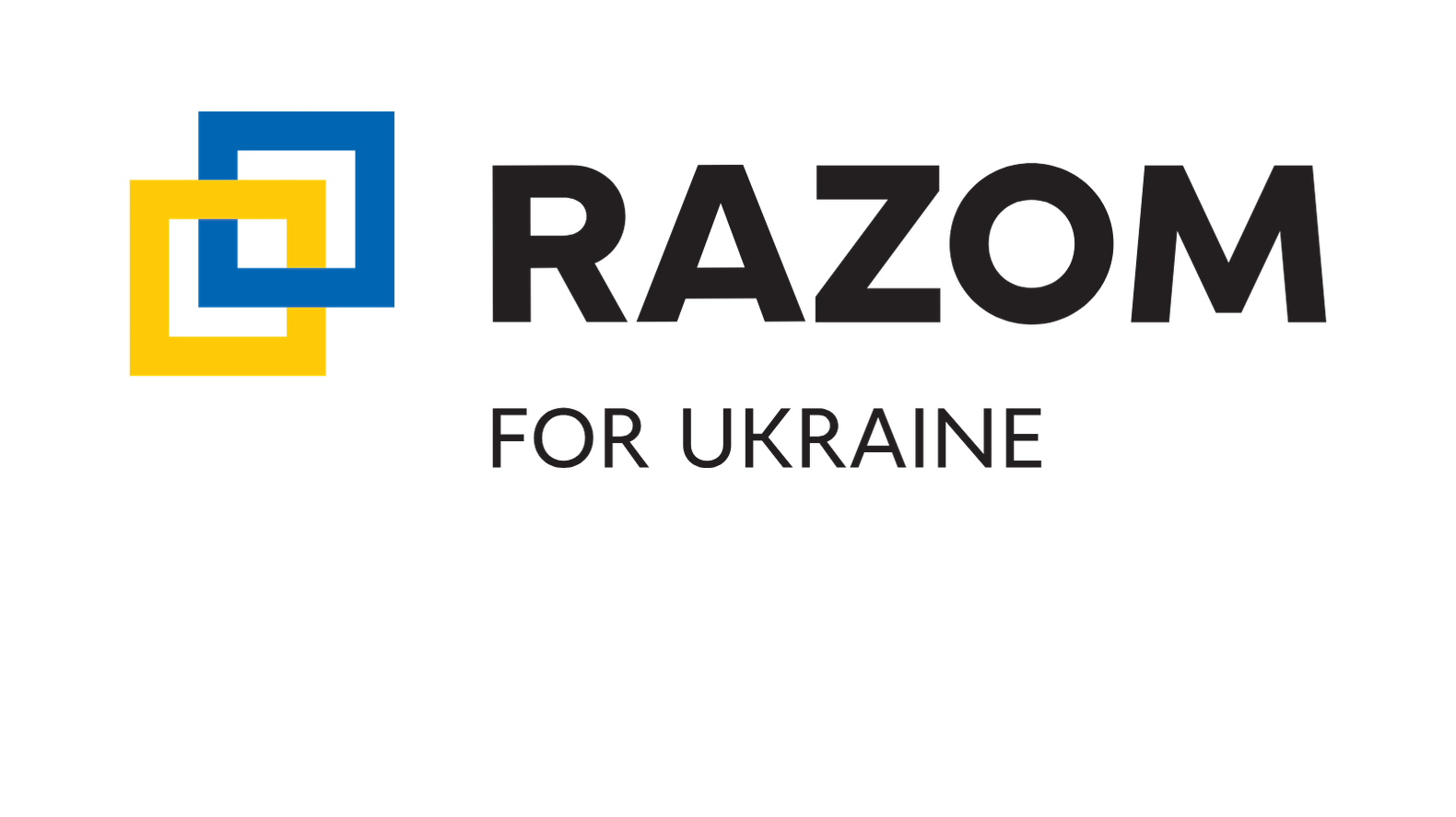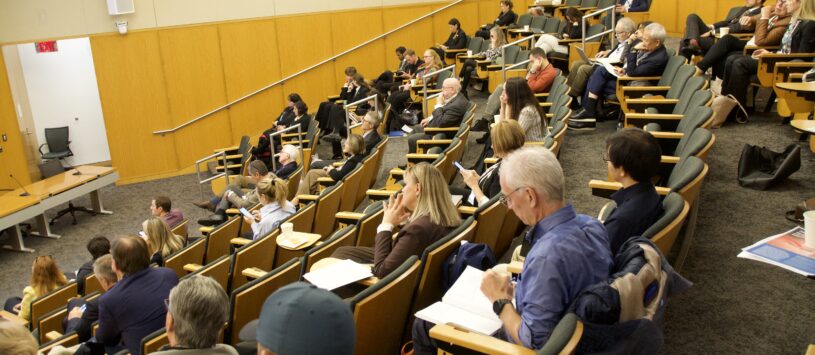At a time when the world is searching for answers about how societies survive — and grow — through war, Ukraine is offering not theory, but evidence. This November, the team behind “RAZOM z Toboyu” (“Razom With You”) presented Ukraine’s emerging model of psychological resilience at Harvard University’s Heal Ukraine 2025 Conference, joining more than a hundred experts from the U.S., Canada, Europe, and Ukraine.
It was more than a presentation. It was Ukraine’s voice — steady, thoughtful, and grounded in lived experience — showing the world what it means to care for a nation living through trauma and still choosing to build a better future.
Thanks to Razom’s supporters, this program has grown into one of the largest, most practical mental-health networks operating inside Ukraine today. And at Harvard, it became clear: Ukraine is not only enduring. Ukraine is innovating.
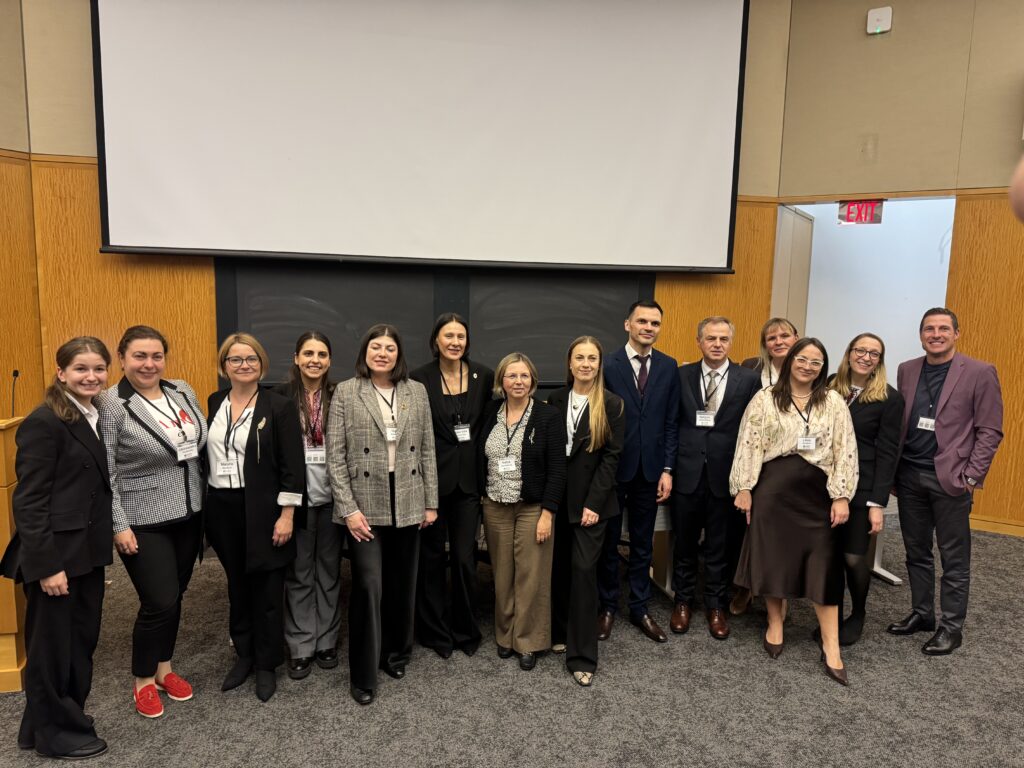
A Ukrainian Model of Resilience — Born in War, Built for the Future
For three years, the “RAZOM z Toboyu” team has been developing an integrated model of psychological support rooted in the real experiences of communities, families, and the specialists who serve them.
At Harvard, speakers Iryna Gudyma, Tetiana Kril, Larysa Zahray, and Nataliia Chorna introduced a comprehensive system built on four interconnected layers of resilience:
- Individual resilience — strengthening awareness, emotional regulation, inner resources, and spiritual grounding.
Family resilience — rebuilding trust, communication, and support networks within households carrying the weight of war.
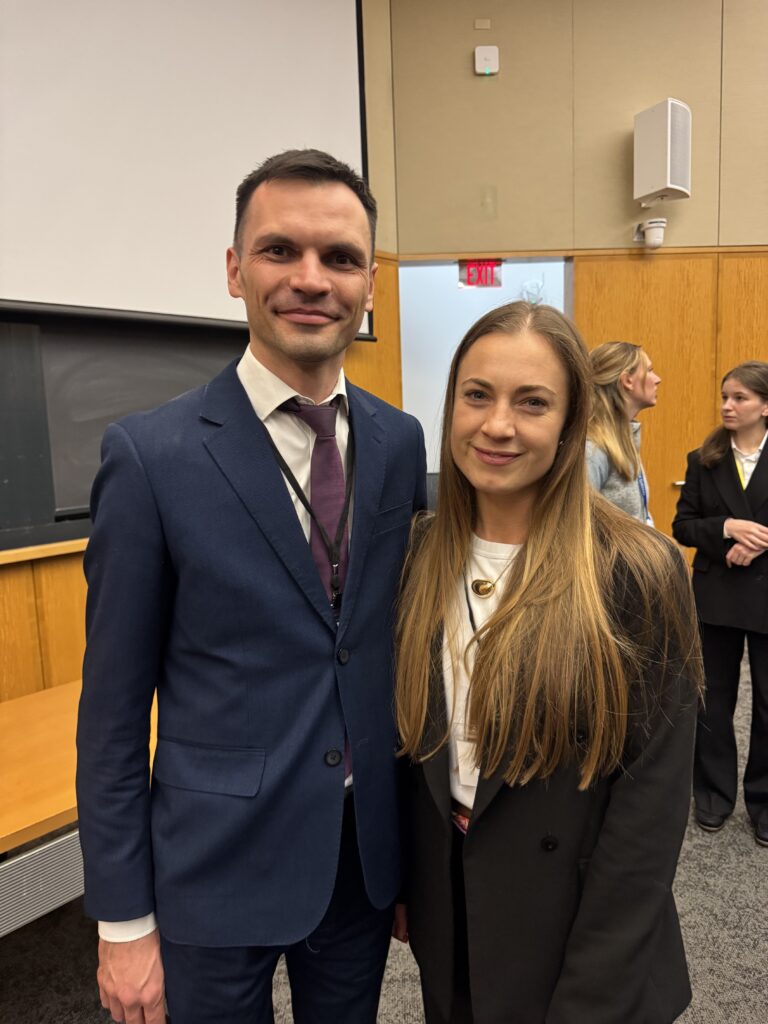
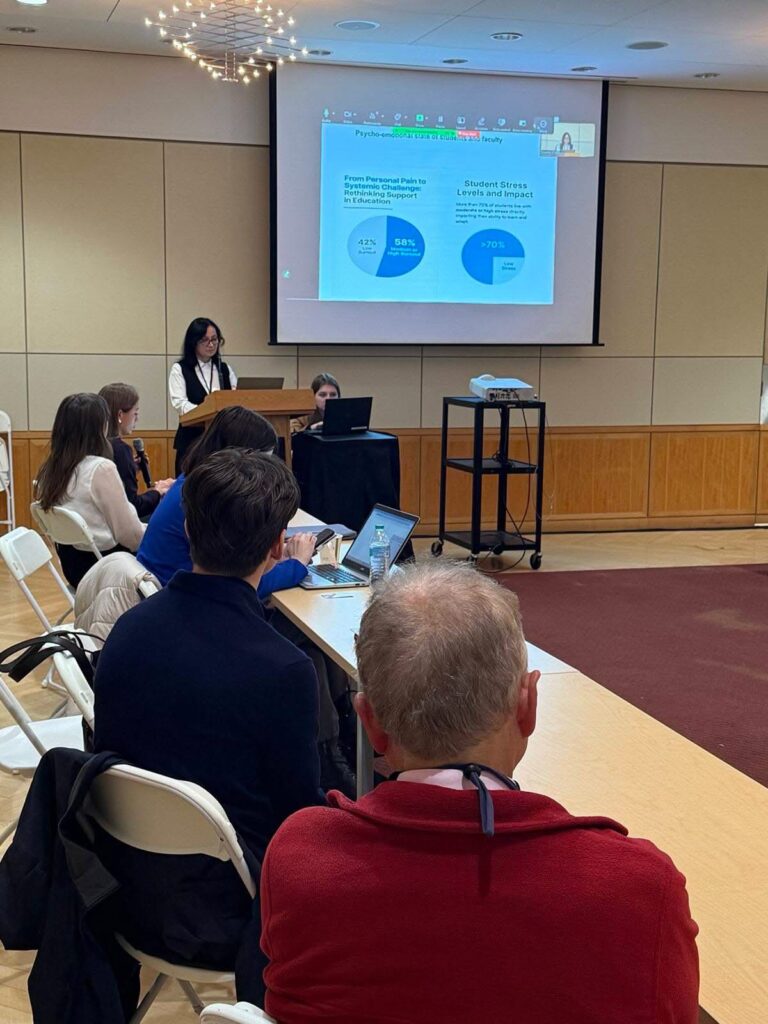
- Professional resilience — supporting teachers, psychologists, medics, social workers, and volunteers so they can continue helping others without burning out.
- Social resilience (post-traumatic growth) — transforming collective trauma into collective strength, where communities become engines of healing.
“Ukraine is a symbol of resilience. Ukrainian specialists are creating a modern, accessible, and scalable mental-health system. This experience matters not only for us — but for the world,” said Iryna Gudyma, RAZOM z Toboyu program director.
Evidence-Based Care That Reaches Thousands
Behind this model are tangible results — made possible by donors who believe in Ukraine’s long-term recovery.
As of October 2025:
- 28,570+ individual counseling sessions
- 1,157 group sessions
- 442 resilience trainings
- Over 2,000 specialists trained across 155 organizations
- Six psychological support centers operating in Ivano-Frankivsk, Lviv, Bucha, Khmelnytskyi, Dnipro, and Kharkiv
- All services provided free of charge for people impacted by war
These are not statistics — they are thousands of lives stabilized, supported, and strengthened.
The team also unveiled a six-session individual support model that helps clients quickly experience measurable improvement. Using standardized assessment tools, psychologists track symptoms of anxiety, depression, and trauma. After six sessions:
- Depression levels (PHQ-9) drop by 17.5%
- Anxiety (HADS) decreases by 18%
- 79% of clients develop personal self-regulation and recovery plans
A digital platform, Health Suite, enables automated monitoring of progress and program effectiveness — a rare achievement for mental-health interventions during wartime.
“We help people who continue living in war. Our task is not only to stabilize, but to cultivate skills that allow clients to restore balance on their own,” said Tetiana Kril, RAZOM z Toboyu MHPSS lead.
Strengthening Those Who Support Others
One of the program’s most profound impacts has been among Ukraine’s “human-to-human” professionals — psychologists, teachers, medics, social workers, and volunteers who form the country’s emotional and social backbone.
In 2025 alone:
- 2,100+ specialists completed training
- Participants’ knowledge levels rose by 22.9% on average
- Workshops on communication with service members and preventing professional burnout saw gains above 25%
“Training for the ‘human-to-human’ system must be continuous. We create a space where people can reflect, recover, and continue helping others without burning out,” emphasized Larysa Zahray, RAZOM z Toboyu senior psychologist.
Her Harvard presentation also highlighted how the war is transforming psychological education in Ukraine: universities are redesigning curricula around trauma-informed care, crisis response, and emotional regulation, preparing a new generation of specialists who understand the reality their country faces.
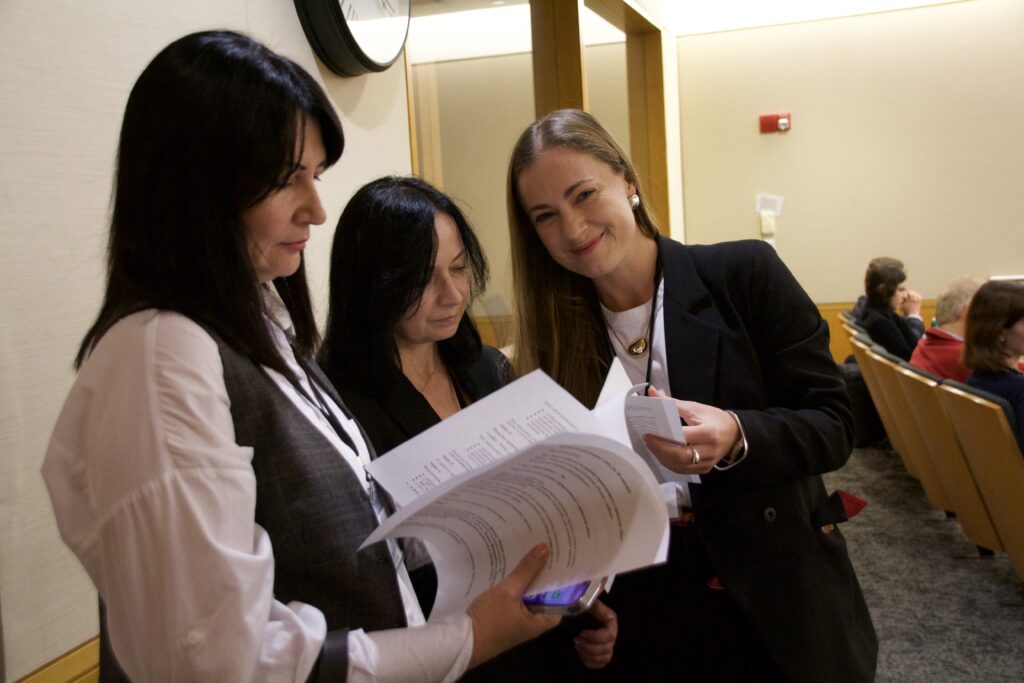
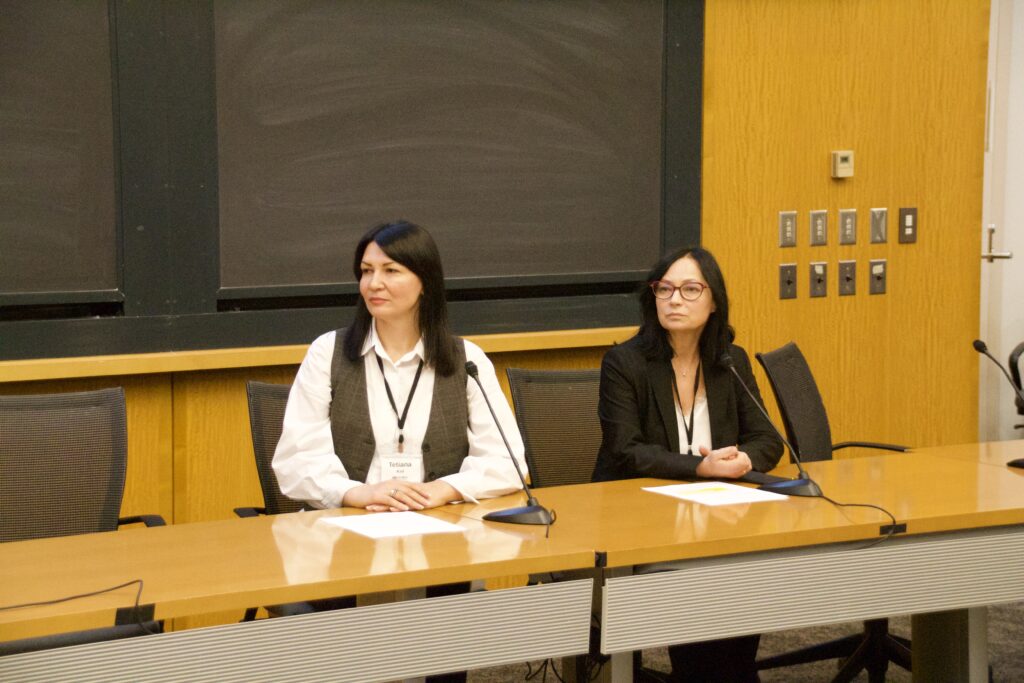
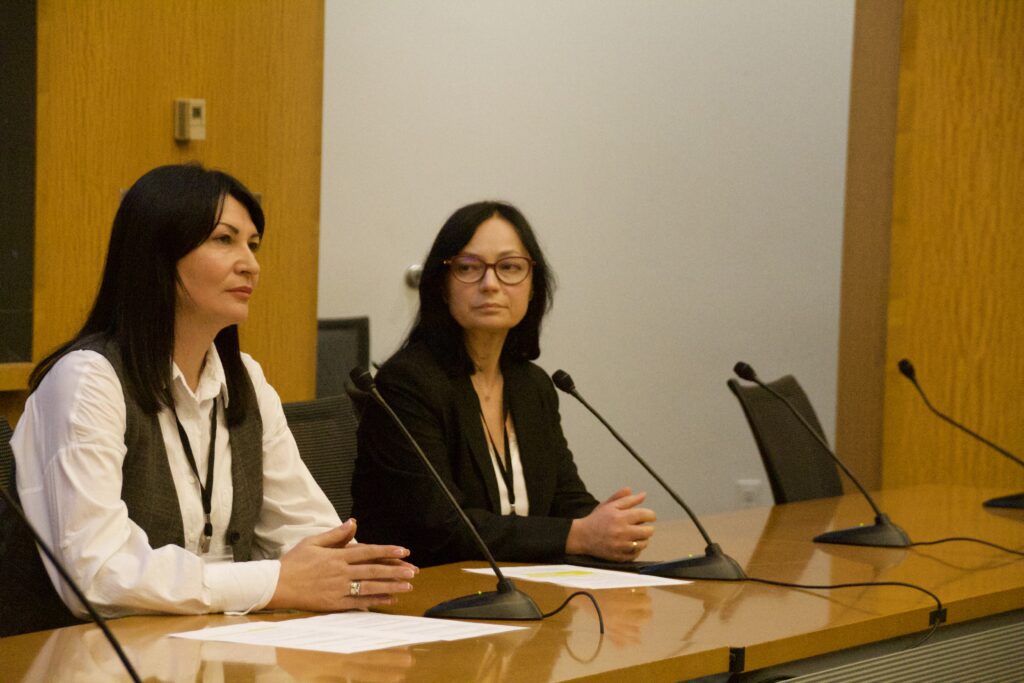
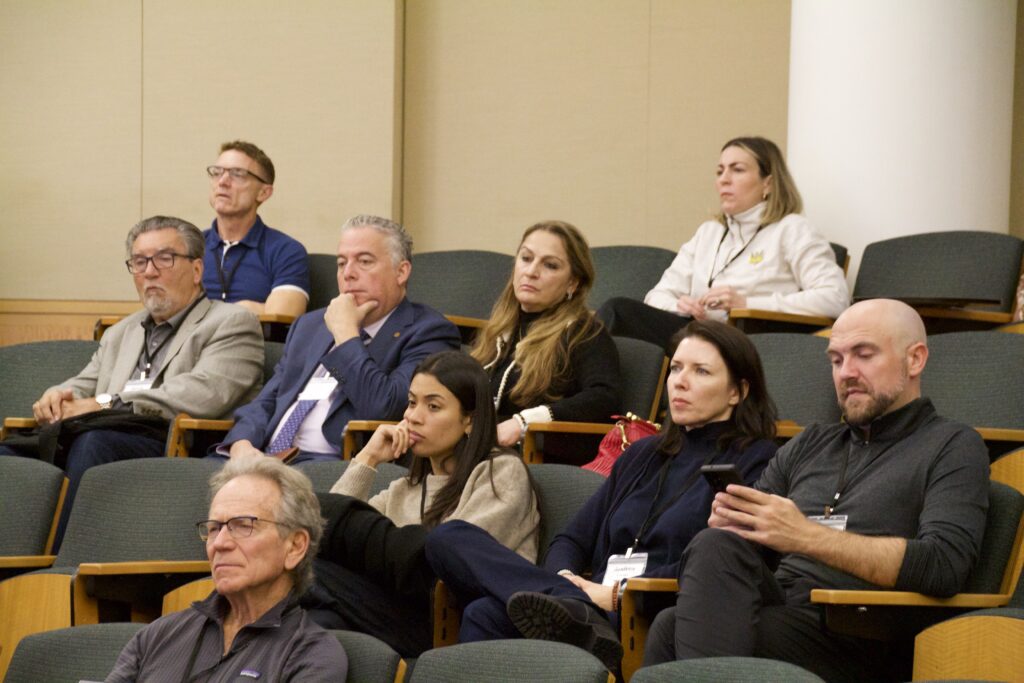
Healing Families, Breaking the Cycle of Trauma
War impacts every household touched by service, displacement, injury, or loss. That is why the “RAZOM z Toboyu” team dedicates a major part of its work to family rehabilitation, especially for families of veterans and active-duty service members.
Nataliia Chorna presented evidence that structured family therapy:
- Rebuilds trust
- Reduces secondary trauma
- Strengthens communication
- Creates durable patterns of mutual support
Her work also addresses transgenerational trauma — how wartime experiences can echo into the future through family beliefs, memories, and behaviors.
“Rehabilitation is not only about overcoming trauma. It is about creating new systems of mutual support. Family is the key resource capable of transforming pain into strength,” noted Nataliia Chorna, RAZOM z Toboyu supervisor.
Ukraine’s Experience as a Guide for the World
For many at Harvard, the Ukrainian team’s presentations were not simply reports of progress — they were a glimpse into the future of trauma-informed recovery in conflict-affected regions.
“Today, Ukraine demonstrates how a nation living through war can not only survive, but build a modern mental-health system rooted in evidence, ethics, and accessibility — and show post-traumatic growth even in the hardest times,” said Iryna Gudyma.
The Heal Ukraine 2025 Conference included leading organizations such as Harvard Ukrainian Research Institute, Scholars at Risk, Heal Ukraine Group, Razom for Ukraine, MedGlobal, Doctors United for Ukraine, Nova Ukraine, and others. But it was the Ukrainian specialists who brought something irreplaceable: lived expertise.
Their message resonated deeply: Resilience is not an abstraction. It is daily work — work made possible when families, communities, and supporters stand together.
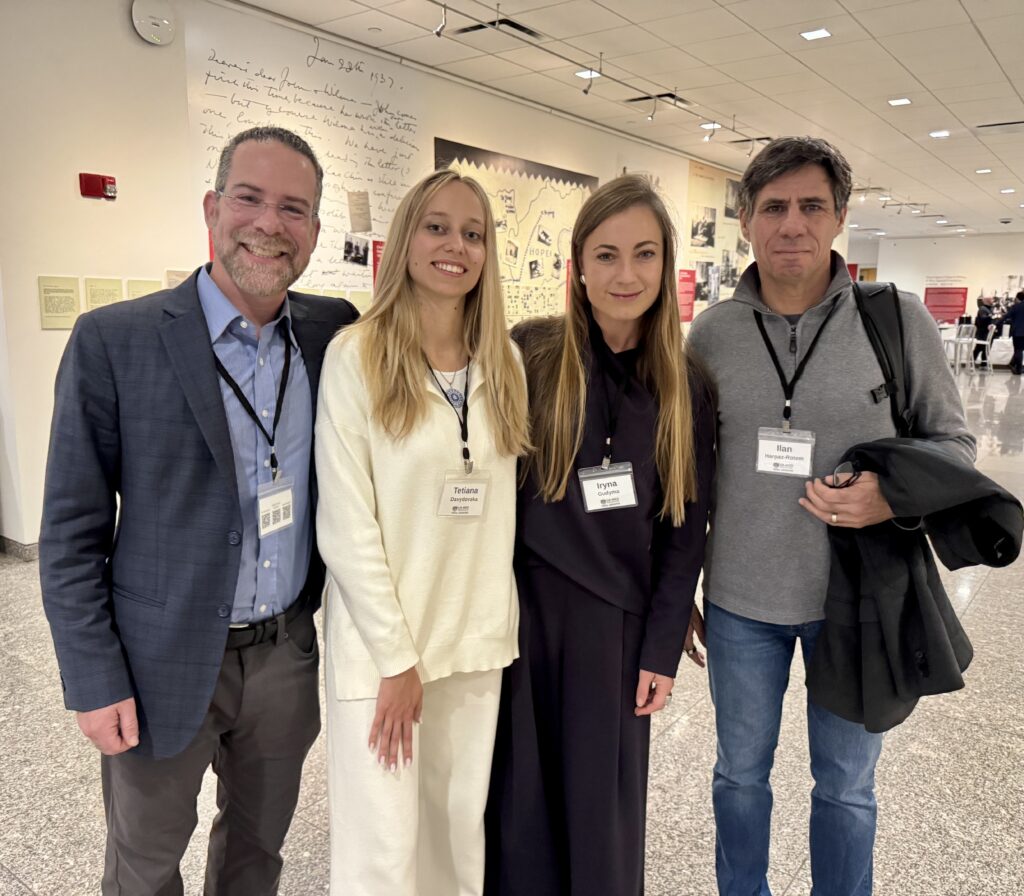
Why This Matters — And What Comes Next
In the face of daily air-raid sirens, displacement, and unimaginable loss, Ukraine continues to invest in dignity, recovery, and hope. Donor support has allowed Razom to nurture a program that is now shaping global discussions on mental health during war.
Ukraine is teaching the world how to heal while fighting for survival — and how to turn shared trauma into shared strength.
Together, we’re building a future where every Ukrainian can heal, rebuild, and rise stronger.
